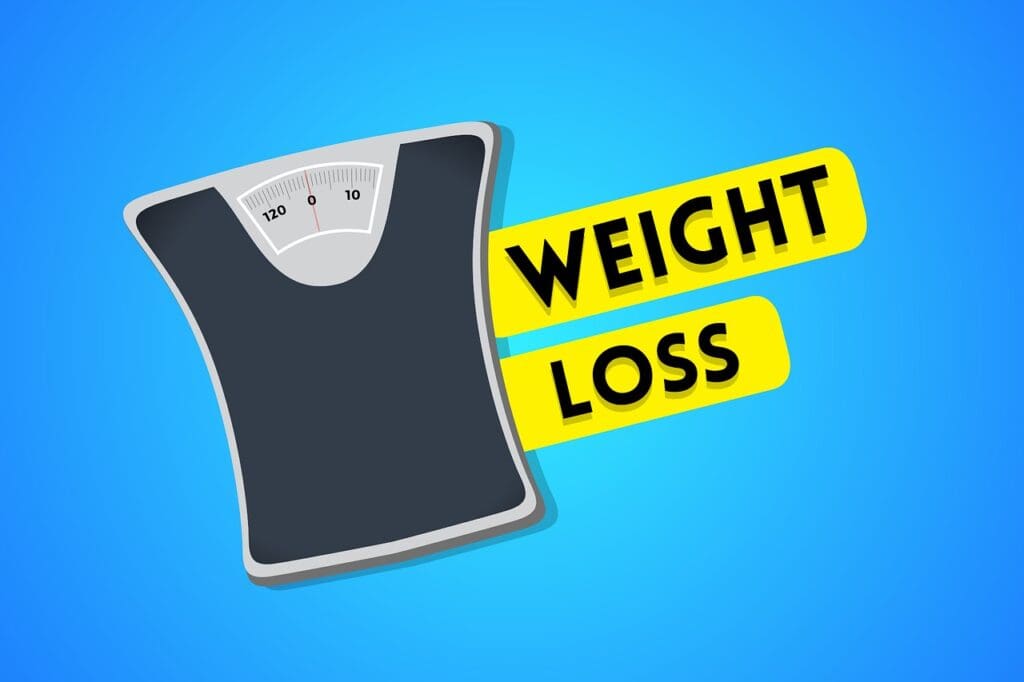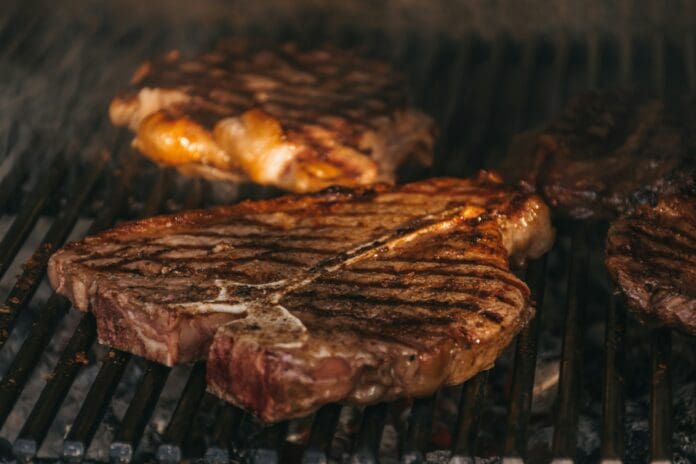The Importance of a High Protein Nutrition Plan:
High protein nutrition plan benefits are numerous, including increased muscle growth, mass and strength, improved bone health, enhanced satiety, and potential weight loss or maintenance.
Here are some high protein nutrition benefits:
High Protein Nutrition for Muscle Growth and Maintenance:
Building Blocks for Muscles:
Protein is essential for building and repairing tissues.
Muscle Mass and Strength:
Consuming adequate protein, especially when combined with resistance training, can help increase muscle mass and strength.
Muscle Recovery:
Furthermore protein helps your body recover and rebuild muscle tissue after exercise.
Weight Management and High Protein Nutrition:
Increased Satiety:
Protein can help you feel fuller for longer, potentially reducing overall calorie intake and aiding in weight loss.
Metabolism Boost:
Protein digestion requires more energy than other macronutrients, which can lead to a slight increase in metabolism.
Muscle Preservation During Weight Loss:
A high protein plan can help preserve muscle mass during weight loss, which is important for maintaining metabolism and preventing weight regain.

Bone Health:
Improved Bone Density:
Protein is a crucial component of bone tissue, and adequate protein intake can help maintain bone density and reduce the risk of osteoporosis.
Calcium Absorption:
Protein may also help improve calcium absorption, which is important for bone health.
Other Potential High Protein Nutrition Benefits:
Heart Health:
Indeed some studies suggest that a high-protein diet can help lower blood pressure and cholesterol levels, potentially reducing the risk of heart disease.
Blood Sugar Control:
Protein can help stabilize blood sugar levels and prevent spikes and crashes, which can be beneficial for managing diabetes and improving energy levels.
Cognitive Function:
Also protein provides essential amino acids that are important for brain function, potentially improving focus, alertness, and cognitive performance.
High Protein Nutrition Conclusion:
Finally a high protein plan can be helpful in many ways. From muscle growth to cognitive function. I know it works for us.

